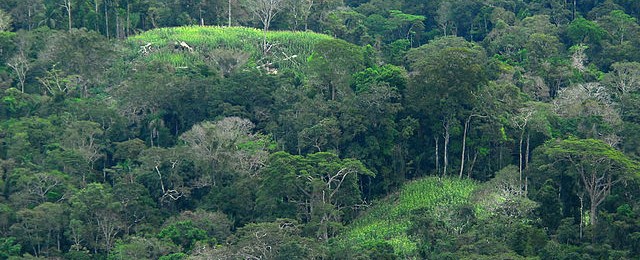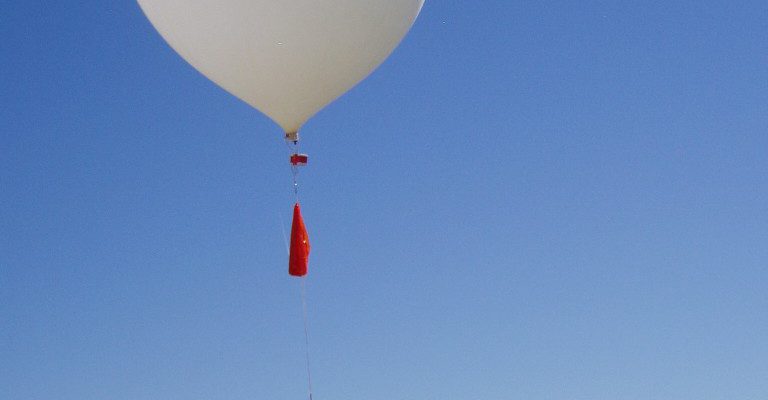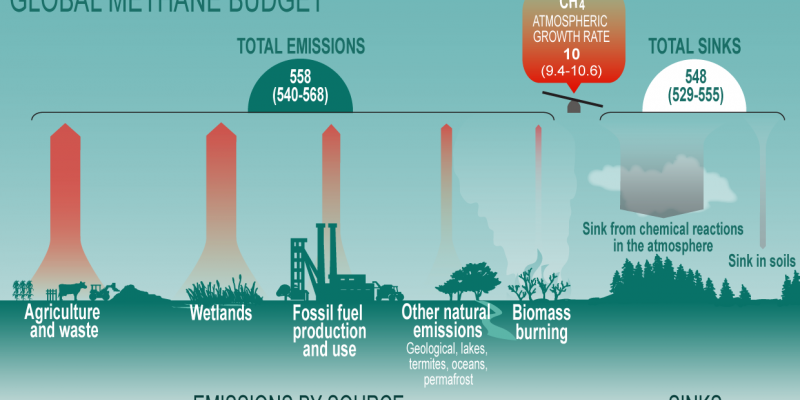Climate science
-

One of the most notable climate records for July 2017 was the new global record for the hottest single month, which was set in Death Valley, CA. Their average temperature for the month was 107.4 F, the highest at that site since records began in 1911, and the highest single month value measured anywhere on…
-

Did you know that an eclipse that passed through the Southeast in 1900 helped scientists understand how weather is affected by the blocking of sunlight during the eclipse? Here is a great story about how they picked the spot to observe it and what they found from the National Centers for Environmental Information: https://www.ncei.noaa.gov/news/1900-total-solar-eclipse.
-

Phys.org published an article earlier this month on a new study of the Amazon rain forest which shows observationally that the end of the dry season there is triggered by water vapor emanating from the trees there. According to the article, until now scientists have not been able to determine why the rainy season begins…
-

Most climatologists attribute the discovery of the greenhouse effect caused by absorption of terrestrial energy by carbon dioxide and other so-called “greenhouse gases” to Irish physicist John Tyndall in 1859 and the following years. According to a story in Climate Change News, “A recently digitized copy of The American Journal of Science and Arts suggests a woman…
-

Here’s an interesting article about the weather balloons which are launched twice a day by National Weather Service folk to give us a view of the vertical structure of the atmosphere. This knowledge is crucial in understanding the likelihood of severe weather, the type of wintry precipitation, and the pattern of high and low pressure…
-

Every once in a while I get asked where the term “dog days of summer” comes from. I’ve posted in the past about it here. But Weather Underground also had a story about it today as well, so they must also get asked. You can read their story at https://www.wunderground.com/news/dog-days-of-summer. Hope you find someplace to keep…
-

EarthSky had an interesting article this week on the uptick in global methane levels in recent years after “flat-lining” from 1999 to 2006. The article gives an excellent discussion of where the methane comes from, including natural wetlands and agricultural production, and looks at how it is changing by latitude and how that can help…